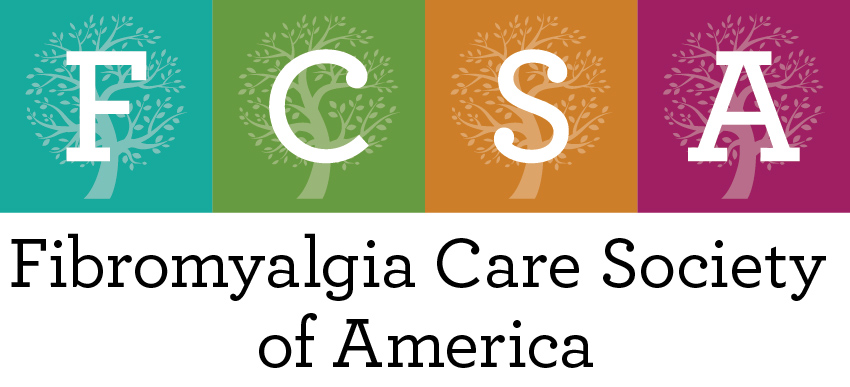The Eve Gene & Resilience
In my most recent Mi Voz blog post, EPIGENETICS-MATERNAL DNA-ONE WOMAN, I discuss how my quest to understand a possible link between ancestral trauma and DNA, led me to review my ancestral roots beyond the three diagnosed generations of fibromyalgia in my family. I left off with an urge to explore possible connections between resiliency, trauma, and maternal lineage. If the resiliency that kept me through the trauma is inherited, then surely that in itself is worth more than Gold.
In order to better understand this I needed to understand what resilience means in the psychology realm. The American Psychological Association defines it as:
“Resilience is the process and outcome of successfully adapting to difficult or challenging life experiences, especially through mental, emotional, and behavioral flexibility and adjustment to external and internal demands.
A number of factors contribute to how well people adapt to adversities, predominant among them:
the ways in which individuals view and engage with the world
the availability and quality of social resources
specific coping strategies
Psychological research demonstrates that the resources and skills associated with more positive adaptation (i.e., greater resilience) can be cultivated and practiced.”
To be honest, the definition disappointed me, mostly because the “predominant” factors do not apply to me, a person who has survived a myriad of traumas that span across 38 years.
Until recently, I did not view the world as ugly, unjust or cruel despite the chronic trauma. How then did I overcome and survive a windstorm of injustices during one of the most difficult and unprecedented periods in history. How was I able to build despite the arsenal of bricks being thrown at me?
I was born in NYC’s first public hospital which was known for being “deplorable” and “intolerable”. I grew up in the West Bronx, raised my kids in the South Bronx and purchased my first home in the West Ward of Newark, NJ. Social injustices and Health inequities have always plagued the communities I have called home.
I was never taught coping strategies. Most of my life, I submersed myself in work. Is that not the “American Dream”, to work harder? It is not, this can be a vicious cycle that leads to burnout and illness. Do not get me wrong, I did teach myself many coping strategies during the pandemic but first I had to survive all the traumas and injustices. This is one of the reasons why, I believe resilience is deeply rooted somewhere between my DNA and spiritual beliefs.
This led me back to 23 and me. I wanted to understand how resilience shows up in my maternal DNA lineage. I ventured back to my maternal haplogroup and explored the migrations of my maternal line. I learned that my branch of L is part of haplogroup L3.
According to 23 and me, this “arose from a woman who likely lived in eastern Africa between 60,000 and 70,000 years ago. While many of her descendants remained in Africa, one small group ventured east across the Red Sea, likely across the narrow Bab-el-Mandeb into the tip of the Arabian Peninsula”
“You split the sea, so I could walk right through it. All my fears were drowned in perfect love. You rescued me, so I could stand and sing, I am a child of God”
I was now on a quest to figure out what that journey looked like for haplogroup L to determine if my resiliency stemmed from them. I stumbled upon a research paper titled The society of our “out of Africa” ancestors, The migrant warriors that colonized the world. I was sure that I was not going to like this! My ancestors are colonizers… What the?
What I found in this research paper is that:
“The “out of Africa” hypothesis proposes that a small group of Homo sapiens left Africa 80,000 years ago, spreading the mitochondrial haplotype L3 throughout the Earth.1-10 Little effort has been made to try to reconstruct the society and culture of the tribe that left Africa to populate the rest of the world.1 Here, I find that hunter-gatherers that belong to mitochondrial haplotypes L0, L1 and L2 do not have a culture of ritualized fights”.
I found that L The “out of Africa” hypothesis proposes that a small group of Homo sapiens left Africa 80,000 years ago, spreading the mitochondrial haplotype L3 throughout the Earth.1-10 Little effort has been made to try to reconstruct the society and culture of the tribe that left Africa to populate the rest of the world.1 Here, I find that hunter-gatherers that belong to mitochondrial haplotypes L0, L1 and L2 do not have a culture of ritualized fights.”
Reading further along, I discovered that almost all of haplogroup L3 known as hunter gatherers had more of a “belligerent culture” and that two closely related subbranches (M and N) practiced ritualized fighting, a propensity towards warfare, and the use of murder for conflict resolution These belligerent people noted as possibly being “warriors” are thought to have a higher propensity for conflict resolution.
“Be Thankful we only demand equality & equity, not revenge!”
This leads me to believe that the resilience that kept me most certainly is found within my maternal lineage. However, unlike my ancestors, my spiritual rituals and beliefs all come from a place of love, peace and progress towards a kinder more beautiful world for all!


